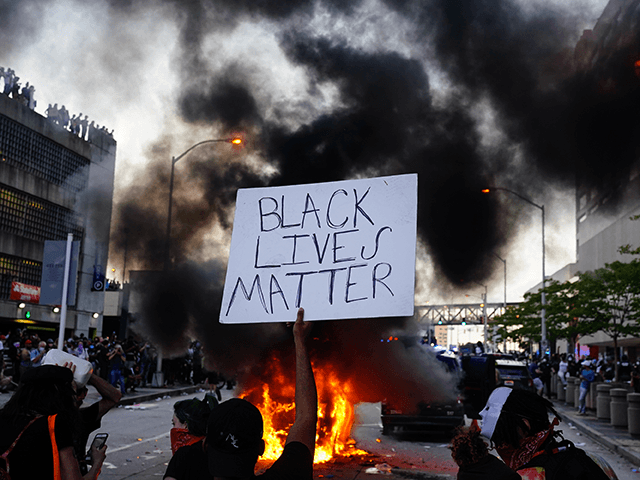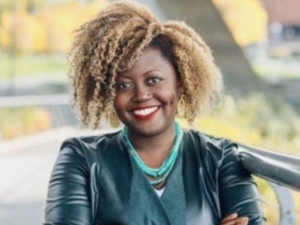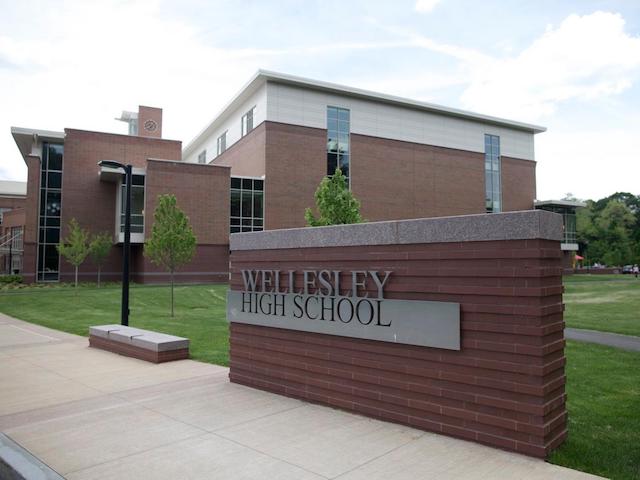Education advocacy group Parents Defending Education (PDE) filed a federal lawsuit Tuesday against Wellesley Public Schools (WPS) in Massachusetts, alleging the school district participates in racial segregation and suppression of First Amendment rights.
“Nearly seven decades of Supreme Court precedent have made two things clear: Public schools cannot segregate students by race, and students do not abandon their First Amendment rights at the schoolhouse gate,” the lawsuit declares. “WPS is flouting both of these principles.”
At issue under the allegations of racial segregation are WPS’s “‘affinity group’ meetings that are open to some students, but closed to others, based solely on the races and ethnicities of the students involved.” The lawsuit notes that “A racial affinity group is commonly defined as ‘a group of people sharing a common race who gather with the intention of finding connection, support, and inspiration.'” However, these groups also “by definition, exclude individuals of certain racial groups,” according to the filing.
This sort of advocacy for racial segregation has become more commonplace with the recent push for Critical Race Theory in K-12 schools.
PDE concludes that proponents of such “affinity groups” believe racial segregation is “essential” in order for students to “share freely and without inhibition about their experiences.”
Quoting case law, including Brown v. Board of Education, PDE notes Supreme Court precedent that “racial segregation ‘has no place’ in the ‘field of public education'” as it is” ‘inherently unequal’ and ‘distinctions between citizens solely because of their ancestry are by their very nature odious to a free people.'”
More pointedly, and perhaps taking on Critical Race Theory directly, the lawsuit argues that “treating students ‘solely as members of a racial group is fundamentally at crosspurposes’ with the goal ‘that students see fellow students as individuals rather than solely as members of a racial group.’ Racial segregation’ demea[ns] the dignity and worth of a person,'” PDE claims.
Despite this, WPS set the following goal:
To, among other things, “pursue justice for … historically marginalized communities,” “continuously examine systems of privilege and bias,” “work collectively to disrupt and dismantle inequity in all its forms,” and achieve “racial equity.” … In order to “nurture and affirm positive racial identity development.”
In this quest, WPS set up separate meetings for “black and brown” and “specifically for Asian American students.” Further, WPS Diversity, Equity and Inclusion Director Charmie Curry appeared to lament that there was not already a racially segregated list from which inviting students, parents, and faculty of the different ethnicities would have been easier, saying in an email, “Unfortunately, I don’t have access to student/parent emails disaggregated by demographic data to really hone in. So, I’m relying on teaching teams to communicate this opportunity to students directly.”
According to the lawsuit, “WPS administrators and teachers repeatedly instructed that the affinity group meeting was not for white students.” [Emphasis in original].
Indeed, PDE presented an email written by a teacher to students about a recent shooting of Asian Americans in Atlanta, Georgia, saying the following:
Hi students. Today, our WPS Office of Diversity, Equity and Inclusion will host a Healing Space for Asian and Asian American students (grades 6-12), faculty/staff, and others in the BIPOC (Black, Indigenous, People of Color) community who wish to process recent events….
*Note: This is a safe space for our Asian/Asian-American and Students of Color, *not* for students who identify only as White. If you identify as White, and need help to process recent events, please know I’m here for you as well as your guidance counselors. If you need to know more about why this is not for White students, please ask me! [Emphasis added].
After a white teacher asked if she could attend the meeting, Curry allegedly responded that the teacher could not because “we want to hold the space for the Asian and Asian American students and faculty/staff. I hope this makes sense.”
PDE’s filing noted, quoting Dr. Martin Luther King, Jr., that “segregating children by the color of their skin’ scars the soul of both the segregated and the segregator,’ and has ‘always been evil.'”
According to the lawsuit, WPS warns its staff away from “white fragility,” which the school district defines as “the counterproductive reactions white people have when their assumptions about race are challenged, which serves to maintain racial inequality.” The District explains further, “White fragility is characterized by emotions such as anger, fear, guilt, and by behaviors including arguing, crying, silence, or walking away from the stress inducing situation.”
One manifestation of this ideology allegedly came from a presentation at Wellesley High School in which students were told that supporting law enforcement is” ‘associated with white supremacy, far-right nationalism, and racism’ and such support ‘could be harmful to … BIPOC’ students.” The presentation also included the claim that “police started the violence” in the Black Lives Matter riots during the summer of 2020.

A man holds a Black Lives Matter sign as a police car burns during a protest on May 29, 2020, in Atlanta, Georgia. (Elijah Nouvelage/Getty Images)
The filing also said, “Students were cautioned that the presentation was ‘to be seen by only the WPS community’ and that there would be ‘no tolerance for sharing’ it with others.”
“It is appalling that an American public school has consciously implemented a policy to segregate students based on race and ethnicity,” PDE President and Founder Nicole Neily said in a press release. “Excluding children from activities based on immutable characteristics is not only immoral, but unconstitutional – and must be ended immediately – both in Wellesley and everywhere else this practice exists.”
PDE also alleges First Amendment violations against WPS.
“WPS has displayed a similar disregard for students’ First Amendment rights,” the lawsuit says. “WPS has adopted a policy in which it punishes student speech that is ‘biased,’ which includes any student speech that is ‘offensive,’ has an ‘impact’ on others, ‘treats another person differently,’ or ‘demonstrates conscious or unconscious bias.'”
At issue here is WPS’s “bias response teams,” which PDE describes as “living up to their Orwellian name” because they “encourage students to monitor their peers’ speech and report incidents of ‘bias’ to school officials.”
The Foundation for Individual Rights in Education (FIRE) found that such “bias response teams” are “all too likely to create profound risks to freedom of expression, freedom of association, and academic freedom on campus.”
At WPS, students and parents are encouraged to be “proactive” and” ‘report incidents of … any concerning pattern of biased behavior’ to school authorities,” according to the lawsuit.
In addition, WPS lists an array of types of speech that might qualify for a “bias incident,” including “Comment in Class,” “Comment in Person,” “Comment in Writing or on Internet,” “Comment via Email/Text,” and “Comment via Phone/Voicemail.”
As the policing appears to extend to non-school activities, WPS also claims it will notify the Anti-Defamation League and Wellesley Police about bias incidents “when relevant.”
But PDE argues that “WPS’s definition of ‘biased’ speech is broad enough to include everyday expressions.” As examples, the lawsuit notes the following:
Students who use words like “normal” and “regular” to “refer to one person or way of life as opposed to another” also engage in “biased” speech because they “perpetuate hegemony.” And using words like “forefathers, mankind, and businessman” exhibits bias because the words “deny the contributions (even the existence) of females.”
Indeed, such a policy appears to have had a “chilling effect” on free speech, as a student-client of PDE’s said they were “shamed into silence” as the policy necessitates that “if you’re not in full agreement with what the teachers and most students think, you get a target on your back.”
According to the lawsuit, “After watching the student lose ‘all self-confidence and self-esteem’ over the course of the 2020-2021 school year due to the Biased Speech Policy, the student’s parents decided to withdraw from Wellesley schools altogether.”
Ultimately, PDE is asking the federal court to rule favorably upon the following:
Declare that Wellesley’s use of segregated affinity groups is a violation of both the equal protection clause and Title VI of the Civil Rights Act of 1964 – and that the district’s speech policy is a violation of both the First and Fourteenth Amendment, as well as the Massachusetts Students’ Freedom of Expression Law. PDE has asked the courts to enjoin the racially segregated affinity group policy, as well as the district’s speech code.
WPS did not respond to a request for comment from Breitbart News.
The case is Parents Defending Education v. Wellesley Public Schools et. al. No. 1:21-cv-11709 in the U.S. District Court for the District of Massachusetts.



COMMENTS
Please let us know if you're having issues with commenting.